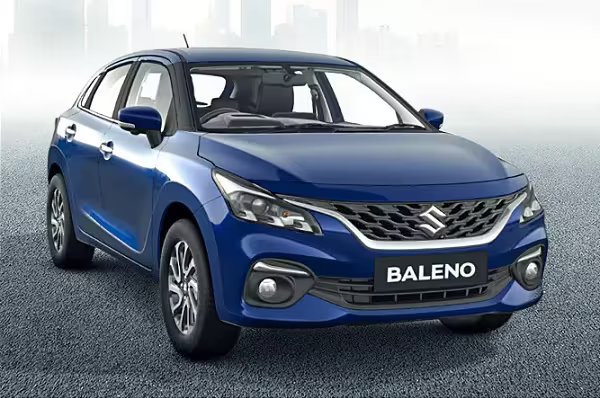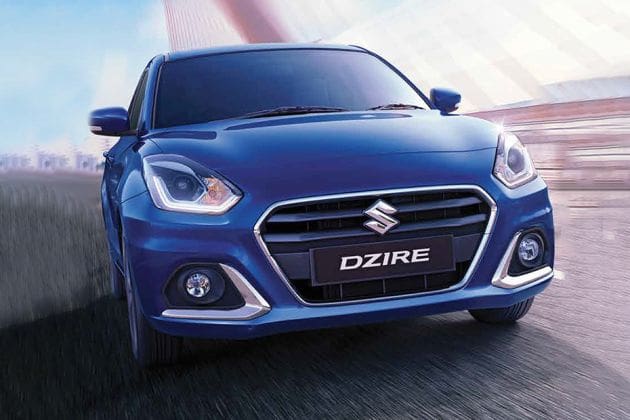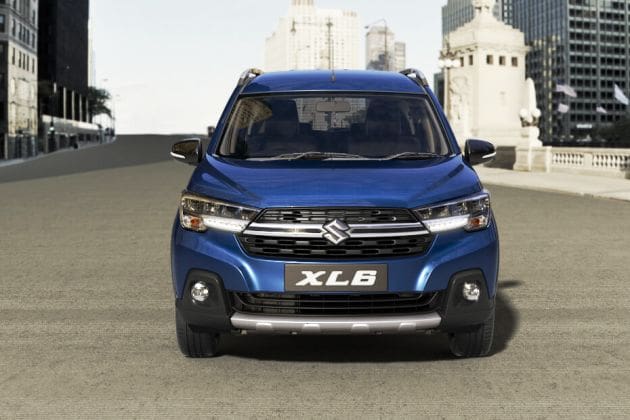Suzuki JV to invest ₹3,715 crore in second phase of battery venture
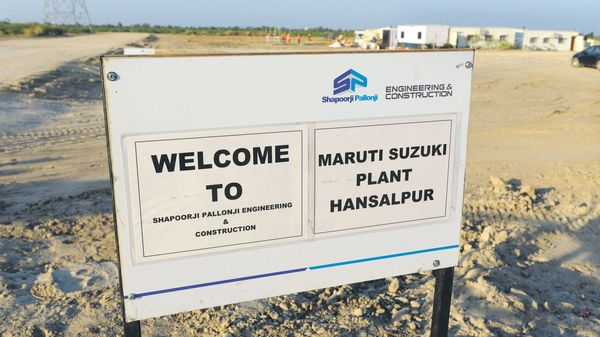

Japan’s Suzuki Motor Corp. (SMC), Toshiba Corp. and Denso Corp. will jointly invest ₹3,715 crore in the second phase of their battery venture in Gujarat’s Hansalpur, a confidential company presentation showed. The investment, spread over 2021-25, is part of the ₹5,000-crore corpus that Suzuki announced in October 2019 to build India’s first lithium-ion battery manufacturing plant for EVs.
The joint venture, called Automotive Electronics Power Pvt. Ltd (AEPPL), is currently building the first phase at ₹1,214 crore. According to the presentation, seen by Mint, the first phase (2018-20) is expected to start production by end-2020.
Also check these Vehicles
AEPPL is a partnership between Suzuki (50%), Toshiba (40%) and Denso (10%), to locally manufacture 30 million lithium ion cells per year by 2025, with a production capacity of more than 1GWh.
“These batteries could be deployed in pure electric vehicles, hybrids and even in electric two-wheelers," said an independent consultant, requesting anonymity. SMC’s two-wheeler arm, Suzuki Motorcycle India Pvt. Ltd is already developing a prototype electric scooter for India and plans to start testing it in 2020.
When contacted, Maruti Suzuki India Ltd, a subsidiary of SMC, declined to comment on the plan.
Suzuki, Toshiba and Denso had announced their joint venture in April 2017 to develop and manufacture lithium-ion batteries for automotive applications. In September 2017, Prime Minister Narendra Modi and his Japanese counterpart Shinzo Abe had laid down the foundation for the plant.
Even as AEPPL is leading in setting up the manufacturing ecosystem for EVs in India, home-grown carmakers Mahindra and Mahindra Ltd (M&M), and Tata Motors Ltd (TML) have teamed up with other companies to become major players in this space. M&M has collaborated with Korea’s LG Chem, which will develop high energy density lithium-ion cells for local applications, and is setting up a plant at Chakan near Pune.
Tata Motors, on the other hand, is tapping group companies, including Tata Chemicals Ltd, to develop its own lithium-ion technology. Tata AutoComp Systems Pvt. Ltd, Tata Power Ltd and Tata Consultancy Services Ltd are also participating in the initiative.
With one assembly line in phase 1, AEPPL has drawn up a blueprint to gradually add four more battery assembly lines under phase 2. While the second standard operating procedure (SOP) is tentatively planned for 2021-22, the joint venture will issue SOPs for each of the four additional lines during the four-year period, according to the presentation. The project is estimated to provide employment to about 1,000 people by 2025.
However, the company will go ahead with the investments for the second phase only if favourable government policies on EVs are made, the document added.
The ministry of heavy industries and public enterprises has rolled out incentives of ₹10,000 crore under its Fame 2 scheme (Faster adoption and manufacturing of electric vehicles in India) earlier this year. But with its three-year implementation window, the auto industry does not view Fame 2 as a stable policy for incentivizing electric vehicles in India.
“There are a couple of missing links in Fame 2. We don’t know what happens after three years. Secondly, Fame 2 does not support electric cars meant for personal applications," said a top executive at a leading car company, requesting anonymity.
There are incentives up to ₹1.5 lakh on electric cars with commercial registration but not for the ones for personal applications, although there are income tax benefits up to ₹1.5 lakh on interest on loans for individual owners, said Suraj Ghosh, principal analyst (powertrain forecast) IHS Markit.
“The automakers plan to be ready with the necessary technology development and electric vehicle production footprint, thereby preparing for the future where EVs may become mainstream. However, they remain cautious on continuing to make large investments on lack of clarity on a long-term EV policy. All in all, the Fame 2 incentives aren’t enough to spur EV demand," he added.







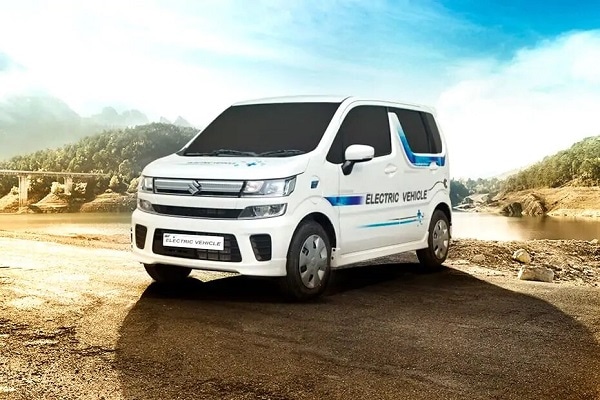
 50 kWh
50 kWh 300 Km
300 Km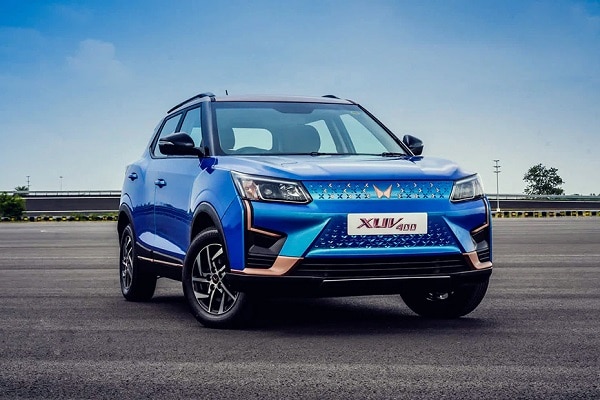

 998 cc
998 cc Petrol
Petrol